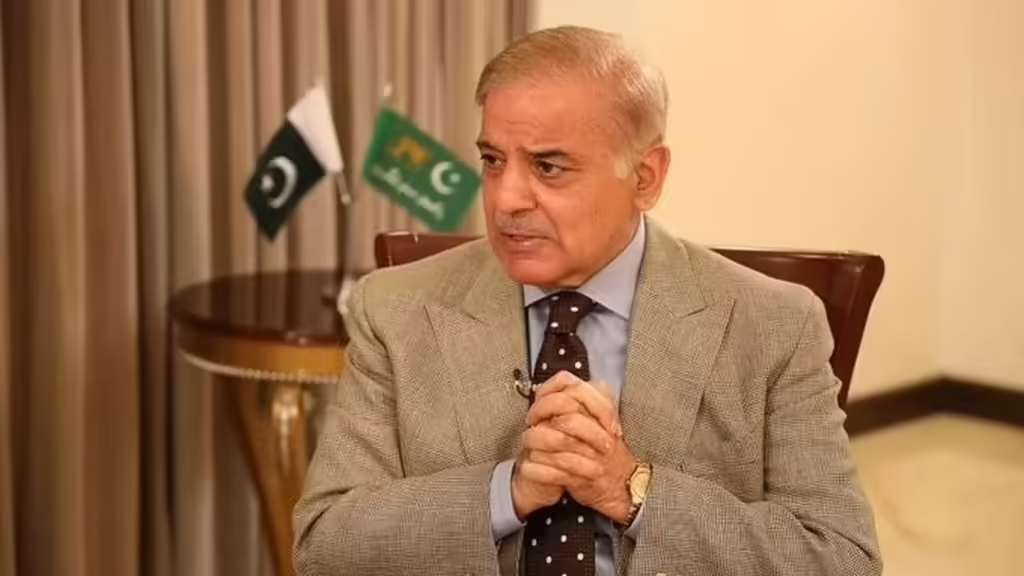Prime Minister Shehbaz Sharif announced on Thursday that a comprehensive five-year economic revival plan would soon be unveiled, with its broad framework established after months of discussions with key stakeholders. The prime minister introduced the ‘Home-Grown Economic Program,’ focusing on revitalizing Pakistan’s economy by targeting crucial sectors such as agriculture, information technology, and other underdeveloped areas.
“Our program has been under discussion for some time, and I will announce it very soon,” said the prime minister at the launch of the Buna-Raast connectivity project. He emphasized that the plan, shaped by extensive consultations, would be finalized within the next week and presented to the public as a roadmap for the next five years.
Addressing ongoing reforms, particularly in the Federal Board of Revenue (FBR) and the power sector, PM Shehbaz highlighted his direct oversight of the FBR’s digitization. He expressed optimism about the positive impact of ongoing power sector reforms, urging the nation to focus on hard work, perseverance, and collective effort to reclaim Pakistan’s global standing.
The Buna-Raast connectivity project aims to link Pakistan’s Raast payment system with the Arab Monetary Fund’s Buna platform, enabling millions of overseas Pakistanis in Arab countries to send remittances more efficiently. The initiative is expected to boost Pakistan’s foreign exchange reserves and strengthen ties with the Arab world.
“This project symbolizes how 21st-century Pakistan is progressing by integrating modern technologies into people’s lives,” said PM Shehbaz. He noted that the project could expand into a broader payment system, handling over $20 billion in annual transactions across regions.
During the event, PM Sharif presented mementos to key partners in the project, including Dr. Fahad Alturki, chairperson of the Arab Monetary Fund, and Dr. Anita Zaidi, president of the Bill and Melinda Gates Foundation.
Finance Minister Muhammad Aurangzeb emphasized that Pakistan is gradually achieving macroeconomic stability, with a reduced current account deficit, a stable currency, and improved foreign reserves. He noted that digitalization through the Buna-Raast project would enhance transparency, reduce leakages in remittances, and improve Pakistan’s standing with the Financial Action Task Force (FATF).
Dr. Zaidi remarked on the project’s potential to digitally link the economies of Pakistan and the Arab world, emphasizing its positive impact on women, who constitute 90% of remittance receivers. She noted that the project would empower women entrepreneurs by enabling digital transactions, thereby contributing to economic growth and development.
